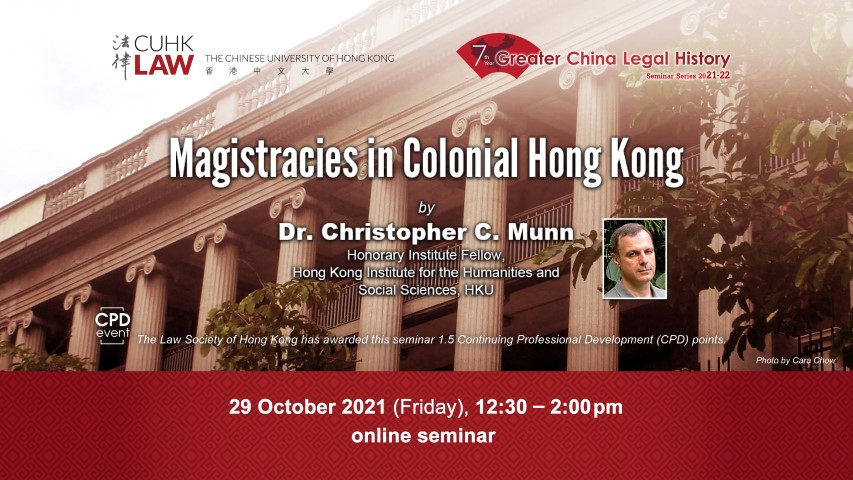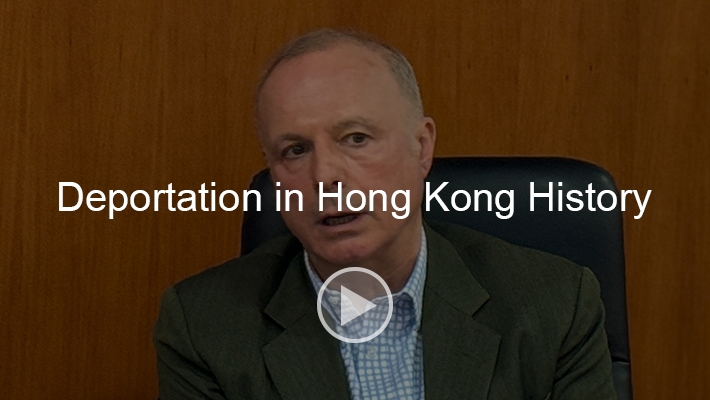
‘Magistracies in Colonial Hong Kong’ by Dr. Christopher C. Munn (Online)
29 October 2021
According to one early observer, magistrates in colonial Hong Kong ‘came more in contact with the mass of the people in the administration of law and justice than all the other officers of the Crown put together.’ The Magistracy was both dispenser of justice and instrument of control in a rapidly expanding and often unruly city. Thousands of ordinary men and women – in some years the equivalent of over 10% of the population – were taken before the magistrates for a wide variety of crimes and offences. Many, unable to pay their fines, ended up in prison.
Focusing mainly on the period 1841-1941, and on the Central Magistracy (now part of the Tai Kwun complex), this seminar discusses the important role of the Magistracy in administering justice, maintaining order, and protecting revenue in colonial Hong Kong. It examines its place in the judicial system and wider political economy. It traces the development of some of the laws enforced by magistrates, their impact, and the controversies surrounding them. It also explores the careers and reputations of some key magistrates. A final section outlines the expansion and development of magistrates’ courts in the decades after World War II.
Other Greater China Legal History Seminar Series

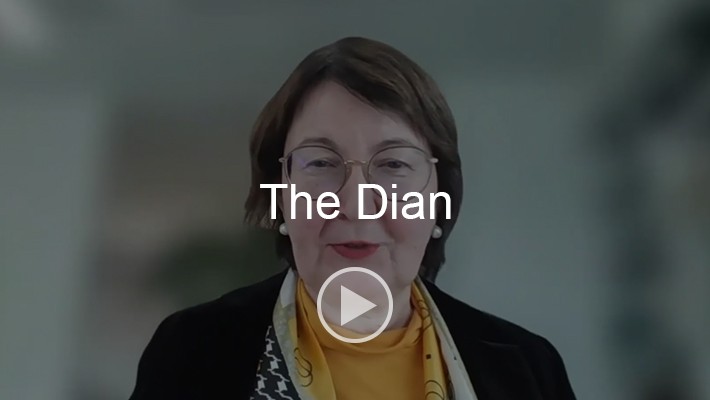
Greater China Legal History Seminar Series – ‘The Dian – a Pre-revolutionary Security Right with Post-revolutionary Implications’ by Dr. Ulrike Glueck (Online)
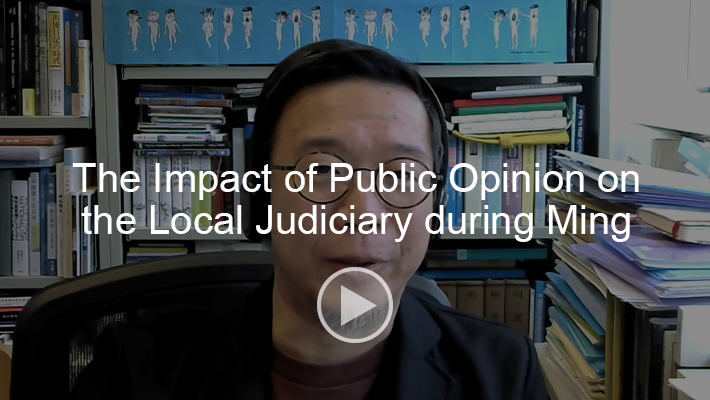
Greater China Legal History Seminar Series – ‘Crying for Justice: The impact of public opinion on the local judiciary during Ming’ by Dr. Tam Ka-chai (Online)

Greater China Legal History Seminar Series – ‘How to own a forest: shareholding, futures contracts, and ancestral trusts in southern China’ by Prof. Ian Miller (Online)
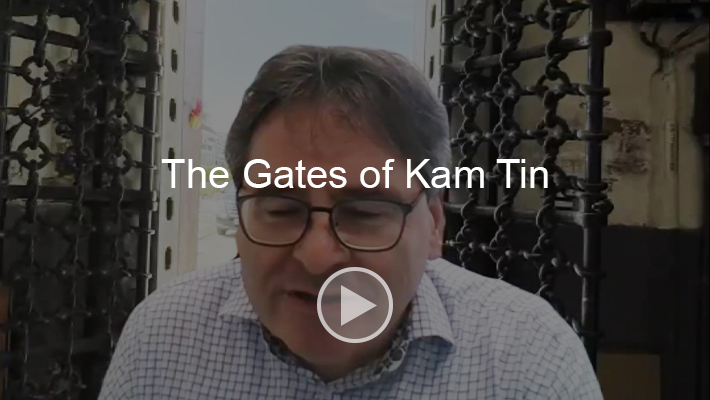
Greater China Legal History Seminar Series – ‘The Gates of Kam Tin – An Early Case of Repatriation of Looted Cultural Property’ by Prof. Steven Gallagher (Online)
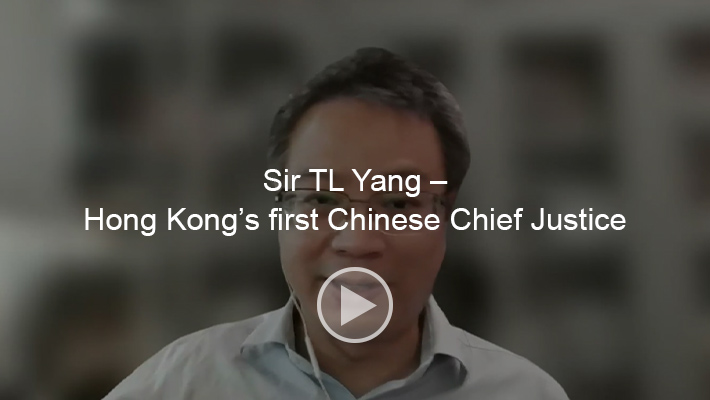
Sir TL Yang – Hong Kong’s First Chinese Chief Justice
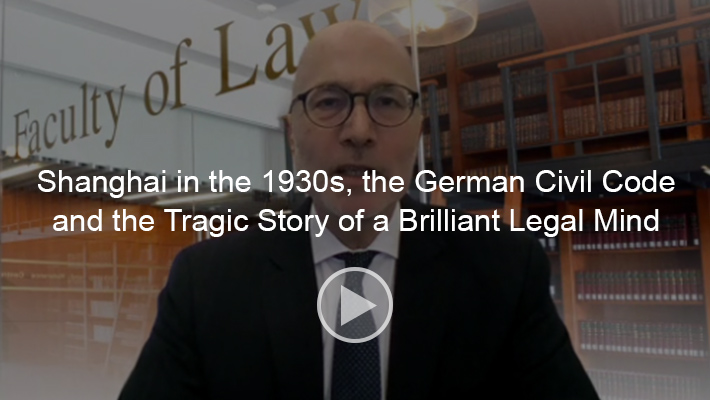
Greater China Legal History Seminar Series – ‘Shanghai in the 1930s, the German Civil Code and the Tragic Story of a Brilliant Legal Mind’ by Prof. Lutz-Christian Wolff (Online)
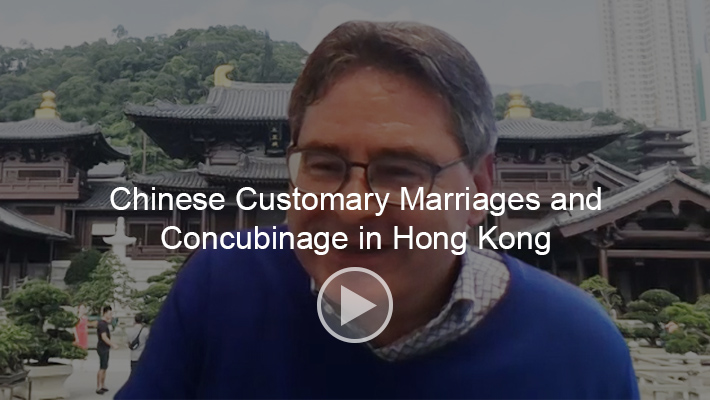
Greater China Legal History Seminar Series – ‘Chinese Customary Marriages and Concubinage in Hong Kong’ by Prof. Steven Gallagher (Online)
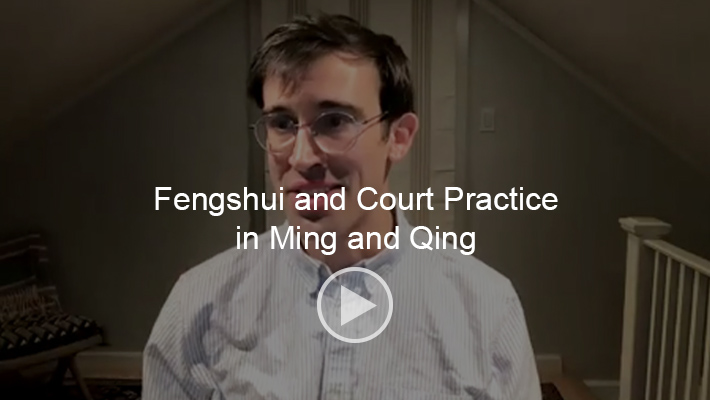
Greater China Legal History Seminar Series – ‘Fengshui and Court Practice in Ming and Qing’ by Prof. Ian M. Miller (Online)
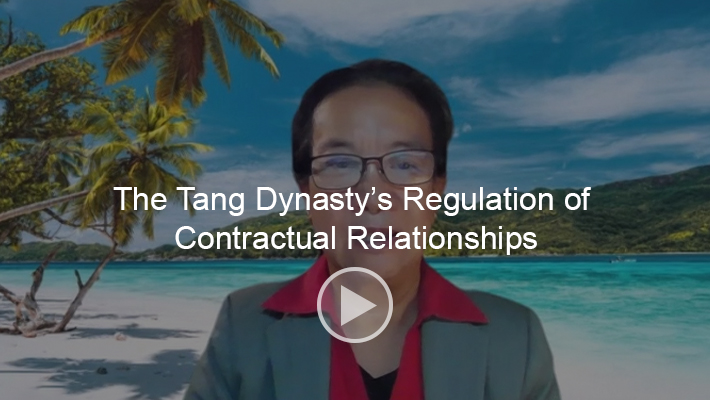
Greater China Legal History Seminar Series – ‘Contracts as Tools to Promote Morality and Social Order: The Tang Dynasty’s Regulation of Contractual Relationships’ by Prof. Chunlin Leonhard (Online)
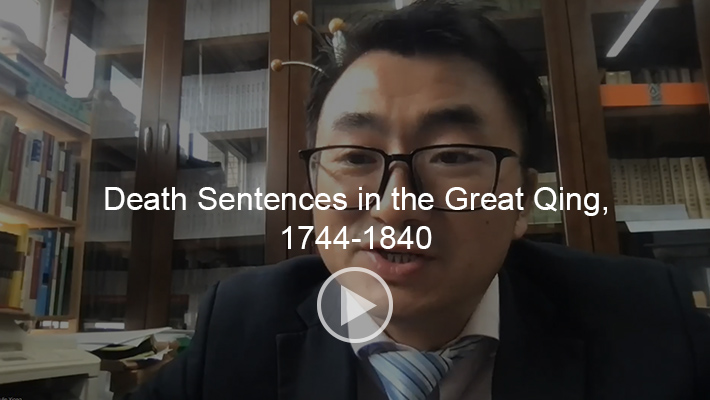
Greater China Legal History Seminar Series – ‘Death Sentences in the Great Qing, 1744-1840’ by Prof. Moulin Xiong (Online)
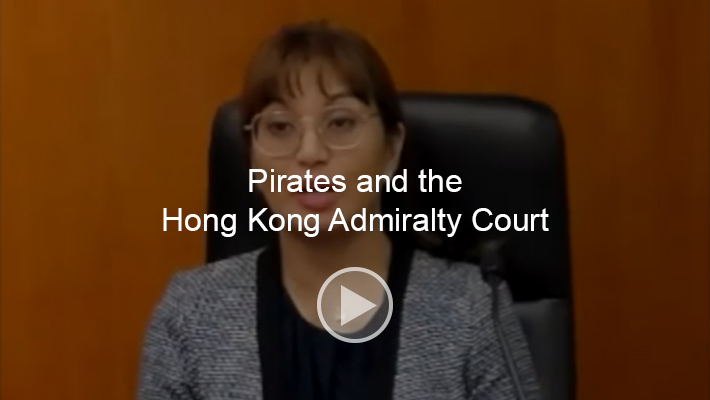
Greater China Legal History Seminar Series – ‘Pirates and the Hong Kong Admiralty Court of 1847-49’ by Ms. Sasha Allison (Online)
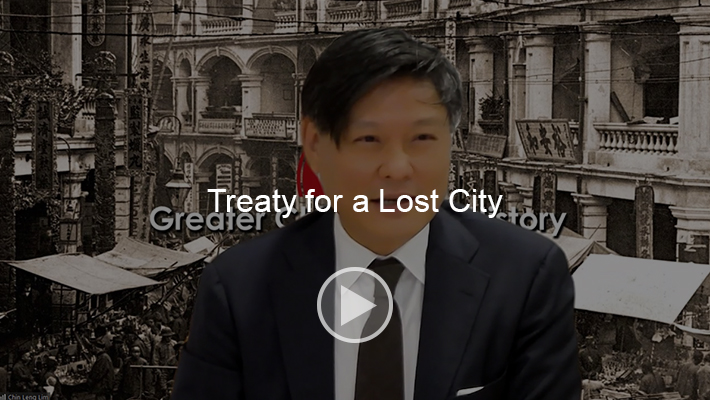
Greater China Legal History Seminar Series – ‘Treaty for a Lost City – The Historical Background and Legal Implications of the Joint Declaration’ by Prof. Chin Leng Lim (Online)
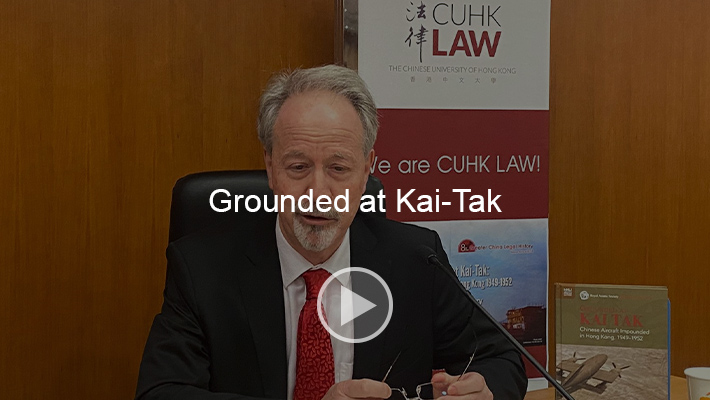
Greater China Legal History Seminar Series – “Grounded at Kai-Tak: Chinese Aircraft Impounded in Hong Kong 1949-1952” by Mr. Malcolm Merry (Online)
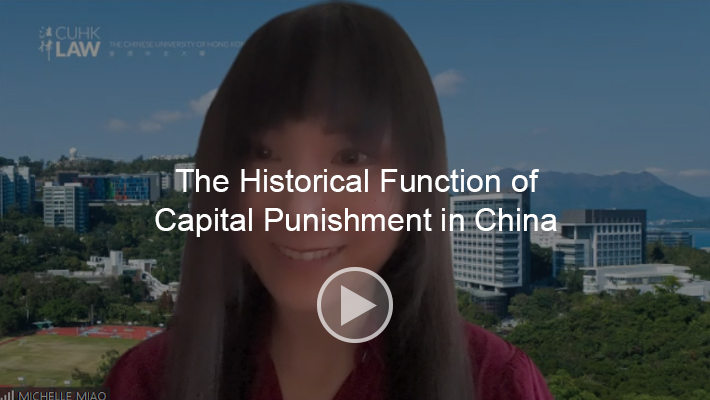
Greater China Legal History Seminar Series – ‘Between Brutality and Benevolence: The Historical Function of Capital Punishment in China’ by Prof. Michelle Miao (Online)
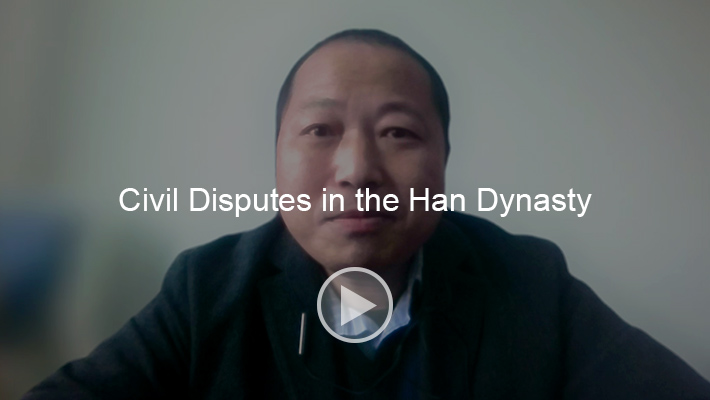
Greater China Legal History Seminar Series – ‘Civil Disputes in the Han Dynasty (206 B.C.-220 A.D.)’ by Prof. Zhang Zhaoyang (Online)
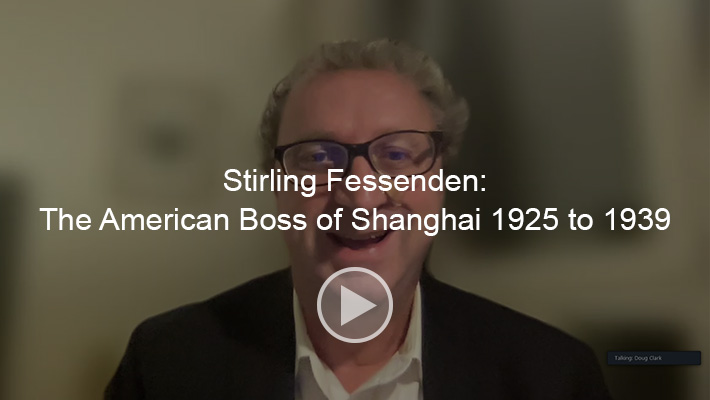
‘Stirling Fessenden: The American Boss of Shanghai 1925 to 1939’ by Mr. Douglas Clark (Online)
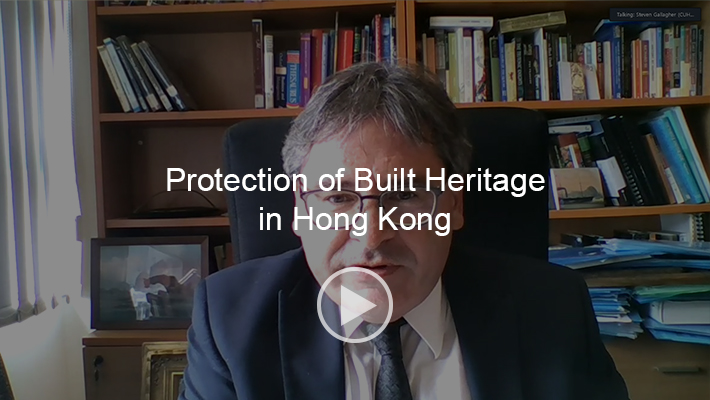
The Legal Protection of Built Heritage in Hong Kong’ by Prof. Steven Gallagher (Online)
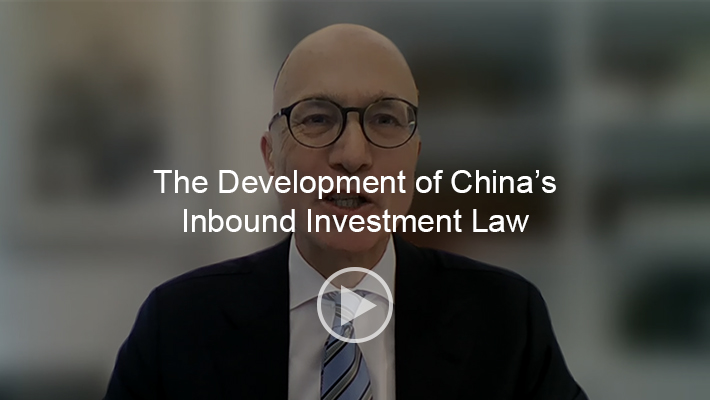
‘The Development of China’s Inbound Investment Law’ by Prof. Lutz-Christian Wolff (Online)

‘Early Cross-Border Legal Issues: Law in the Age of Matteo Ricci’ by Prof. Stuart McManus (Online)
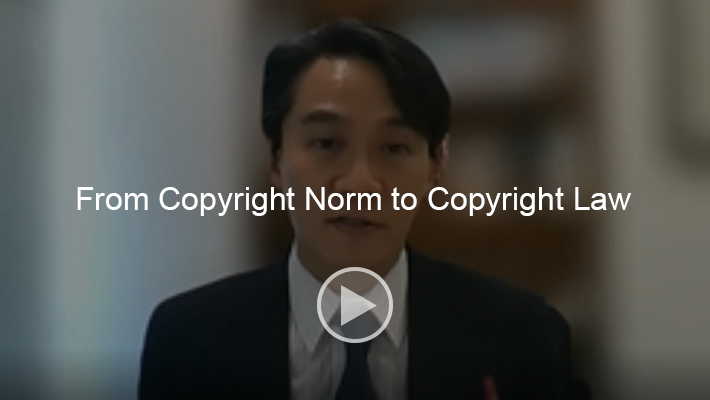
‘From Copyright Norm to Copyright Law: The First Copyright Statute in the Qing Dynasty and Republican China’ by Prof. Jyh-An Lee (Online)
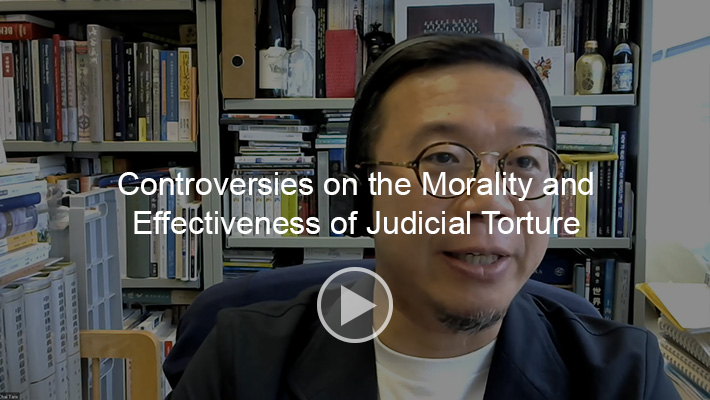
‘Controversies on the Morality and Effectiveness of Judicial Torture in late Ming China’ by Dr. Ka-chai Tam (Online)
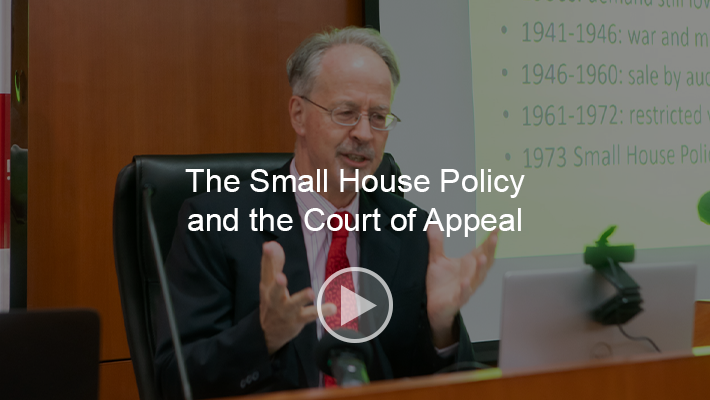
Greater China Legal History Seminar Series – ‘The Small House Policy and the Court of Appeal’ by Mr. Malcolm Merry (Online)

From Waqf, Ancestor Worship to the Rise of the Global Trust: A History of the Use of the Trust as a Vehicle for Wealth Transfer in Singapore
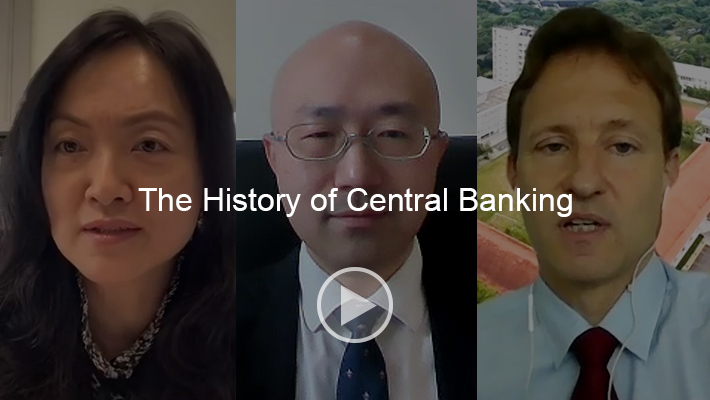
The History of Central Banking in Hong Kong, Mainland China and Singapore
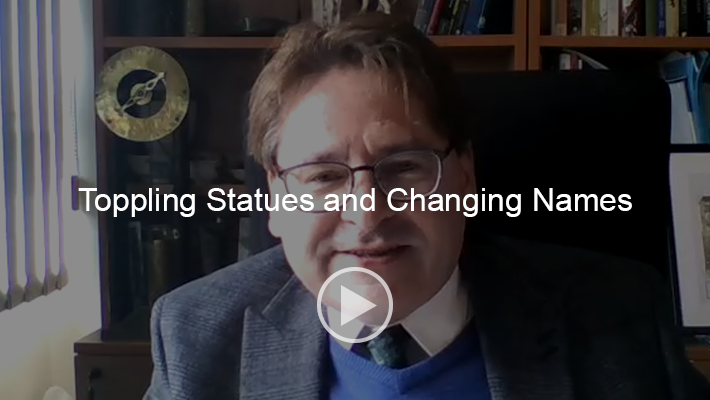
Toppling Statues and Changing Names – Does the Law Protect Embarrassing or Awkward Heritage in Hong Kong? by Prof. Steven Gallagher
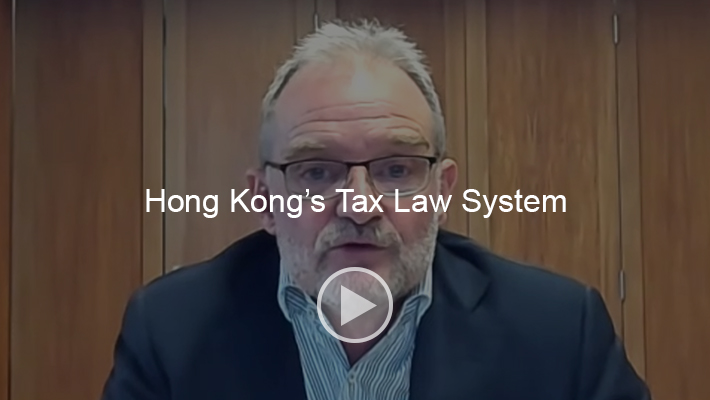
The History of Hong Kong’s Tax Law System by Prof. Michael Littlewood
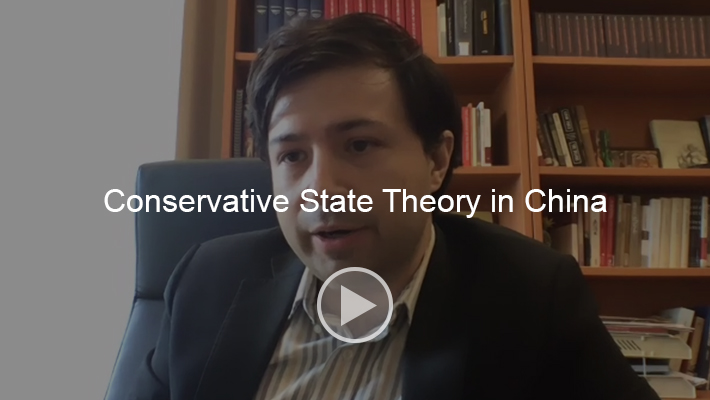
Carl Schmitt and the Development of Conservative State Theory in China by Prof. Ryan Mitchell
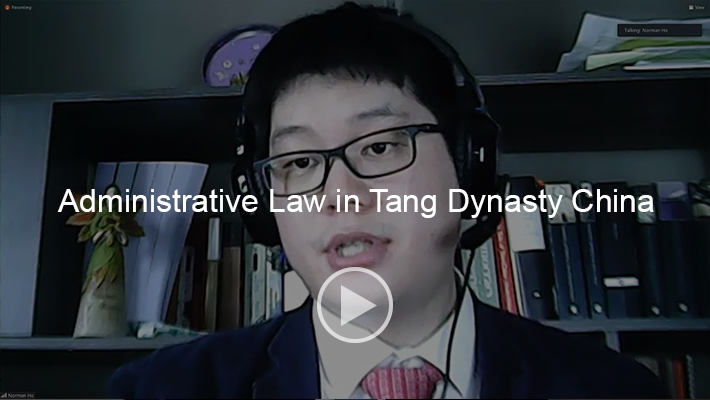
“Feeding the Emperor – Administrative Law in Tang Dynasty China” by Prof. Norman P. Ho
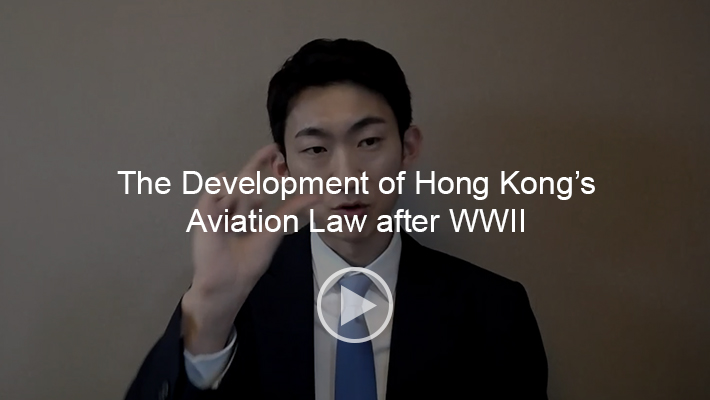
“The Development of Hong Kong’s Aviation Law after WWII” by Prof. Jae Woon Lee
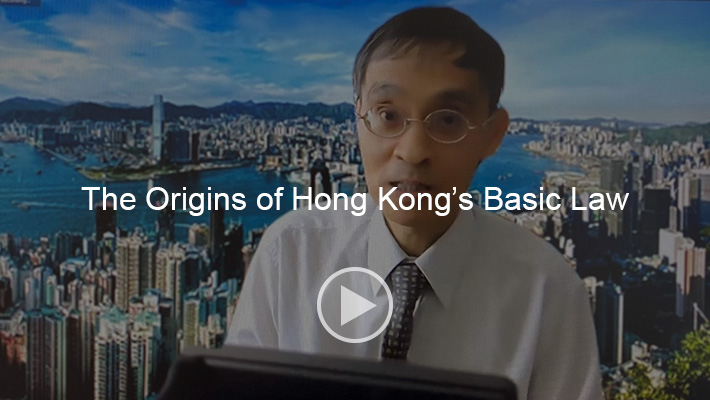
“The Origins of Hong Kong’s Basic Law” by Prof. Albert H Y Chen
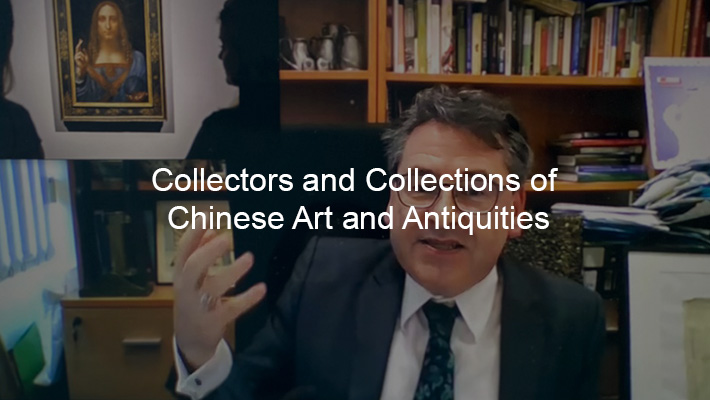
“Collectors and Collections of Chinese Art and Antiquities: Problems with Gifts, Trusts and Legacies” by Prof. Steven Gallagher
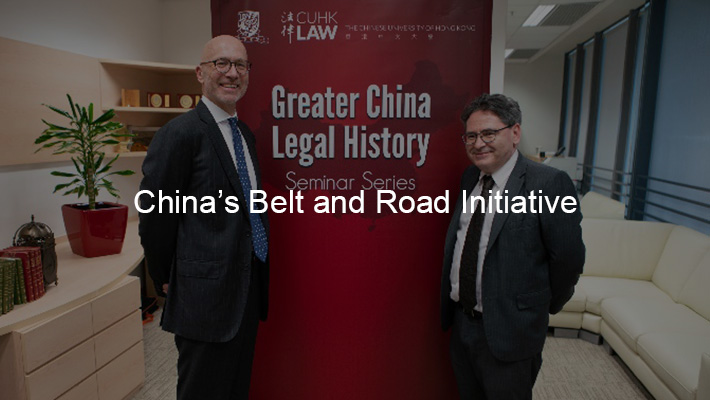
“A Short Legal History of China’s Belt and Road Initiative” by Prof. Lutz-Christian Wolff
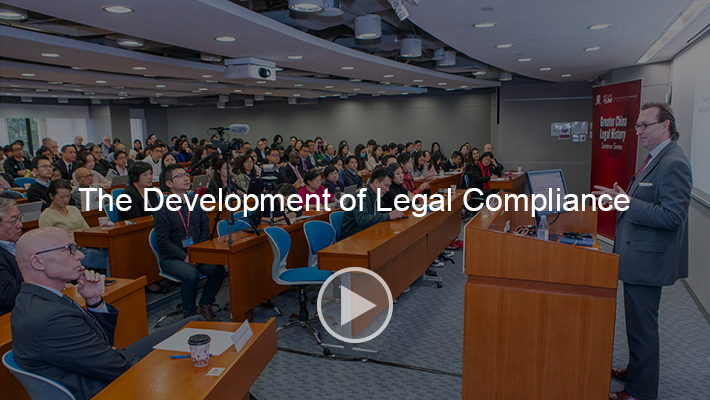
“The Development of Legal Compliance – A Hong Kong Perspective” by Prof. Douglas Arner

“Chinese Shipwrecks, Treasure Hunters and the History of Underwater Cultural Heritage Regimes” by Prof. Steven Gallagher

“The Currency of China Trade in Asia from the 15th Century” by Prof. Judith Sihombing

“America’s China Spymaster: The life and times of Norwood Allman” by Mr. Douglas Clark, Barrister

“Party Ideology in Mainland Chinese Court Decisions since 1979” by Prof. Björn Ahl
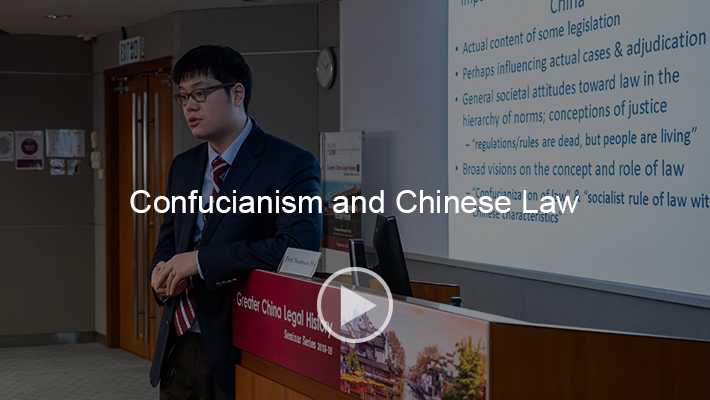
“Confucianism and Chinese Law, Past and Present” by Prof. Norman Ho
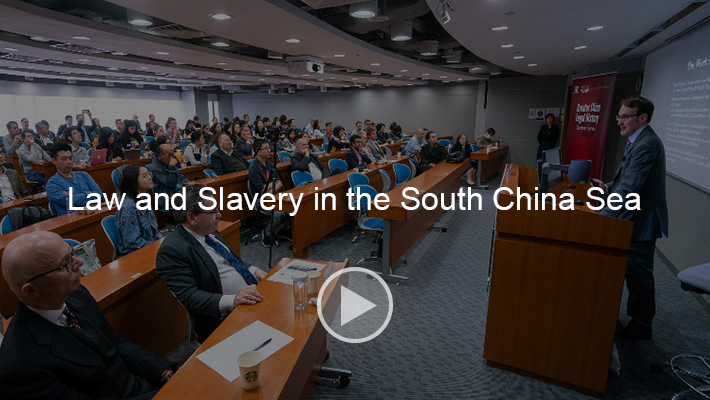
“Law and Slavery in the South China Sea” by Prof. Stuart M. McManus
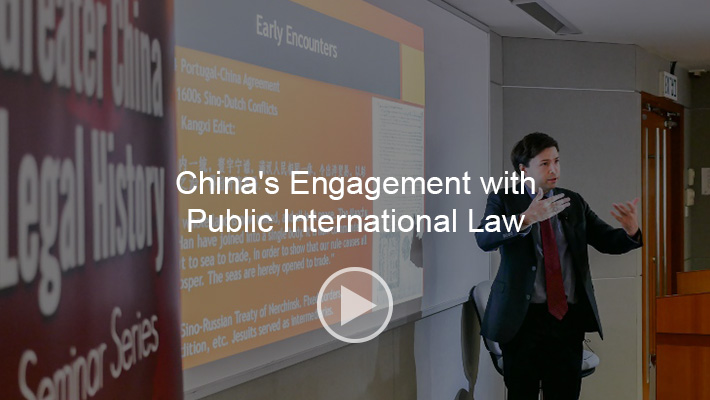
“China’s Engagement with Public International Law in its Historical Context” by Prof. Ryan Mitchell
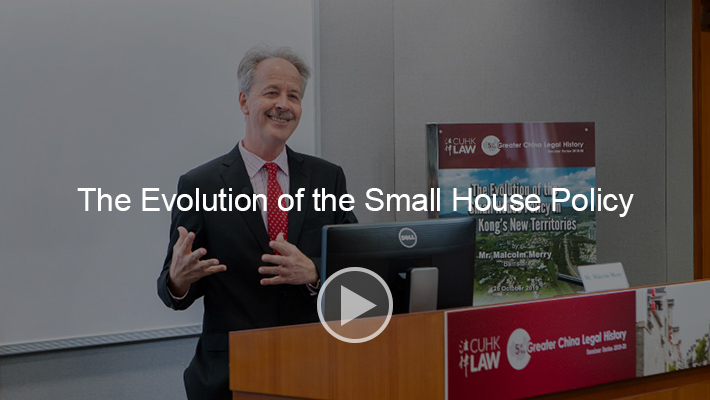
“The Evolution of the Small House Policy in Hong Kong’s New Territories” by Mr. Malcolm Merry
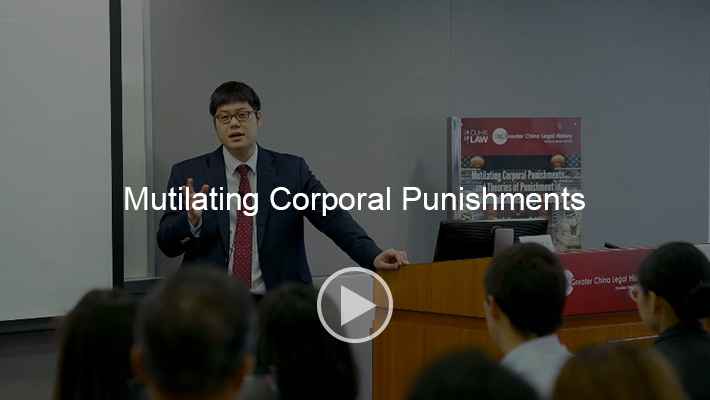
“Mutilating Corporal Punishments and Theories of Punishment in Traditional Chinese Legal Thought” by Prof. Norman P. Ho
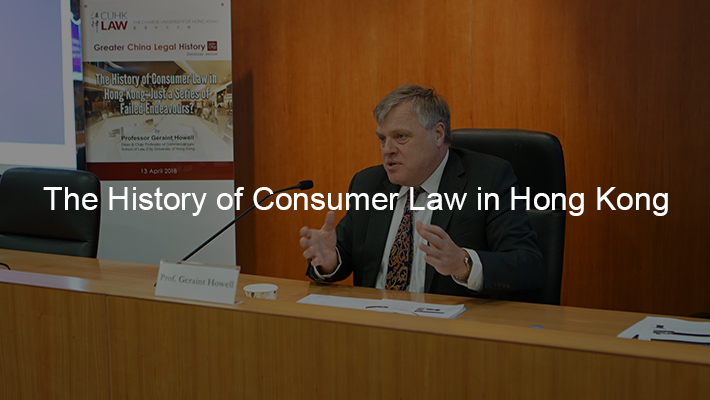
“The History of Consumer Law in Hong Kong: Just a Series of Failed Endeavours?” by Prof. Geraint Howell
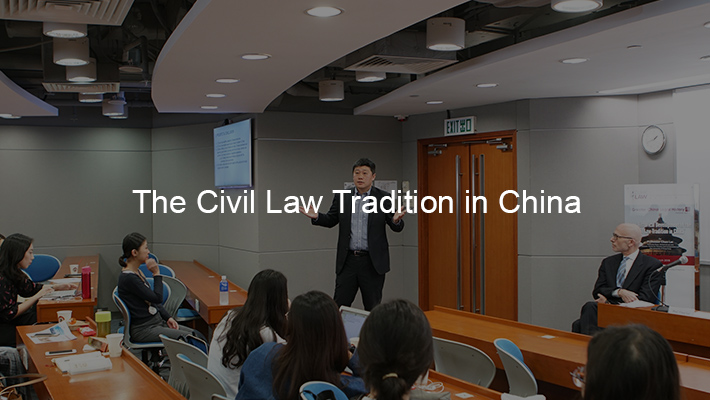
“The Historical Development of the Civil Law Tradition in China” by Prof. Chen Lei

“The History of a Mystery: The Development of the Law of Unjust Enrichment in Hong Kong, China and Germany” by Prof. Steven Gallagher, Prof. Lutz-Christian Wolff and Ms. Siyi Lin

“Small House Custom before the Small House Policy” by Mr. Malcolm Merry

“Gunboat Justice: Extraterritoriality and the Making of Modern China and Japan” by Mr. Douglas Clark

“Oathgate” and the History of the Law of Official Oaths by Mr. Philip Dykes S.C.

Chinese Customary Law as Cultural Heritage?

Capital, Law, and Business Organizations: How Entrepreneurs Organize Their Businesses under Chinese Customary Law in History and Present Time

The Development of Hong Kong’s Land System and Chinese Customary Law

Customary Trusts in Hong Kong: Uncertain Past, but Bright Future?

The Relationship between ‘Regular’ Law and Chinese Customary Law in Hong Kong – Conflict or Peaceful Coexistence?

The Constitutional Foundations of Customary Law in Hong Kong

Chinese Customary Family Law

Customary Law in Republican China

Chinese Customary Land Law

Chinese Customary Law in Hong Kong: Origins and Development
